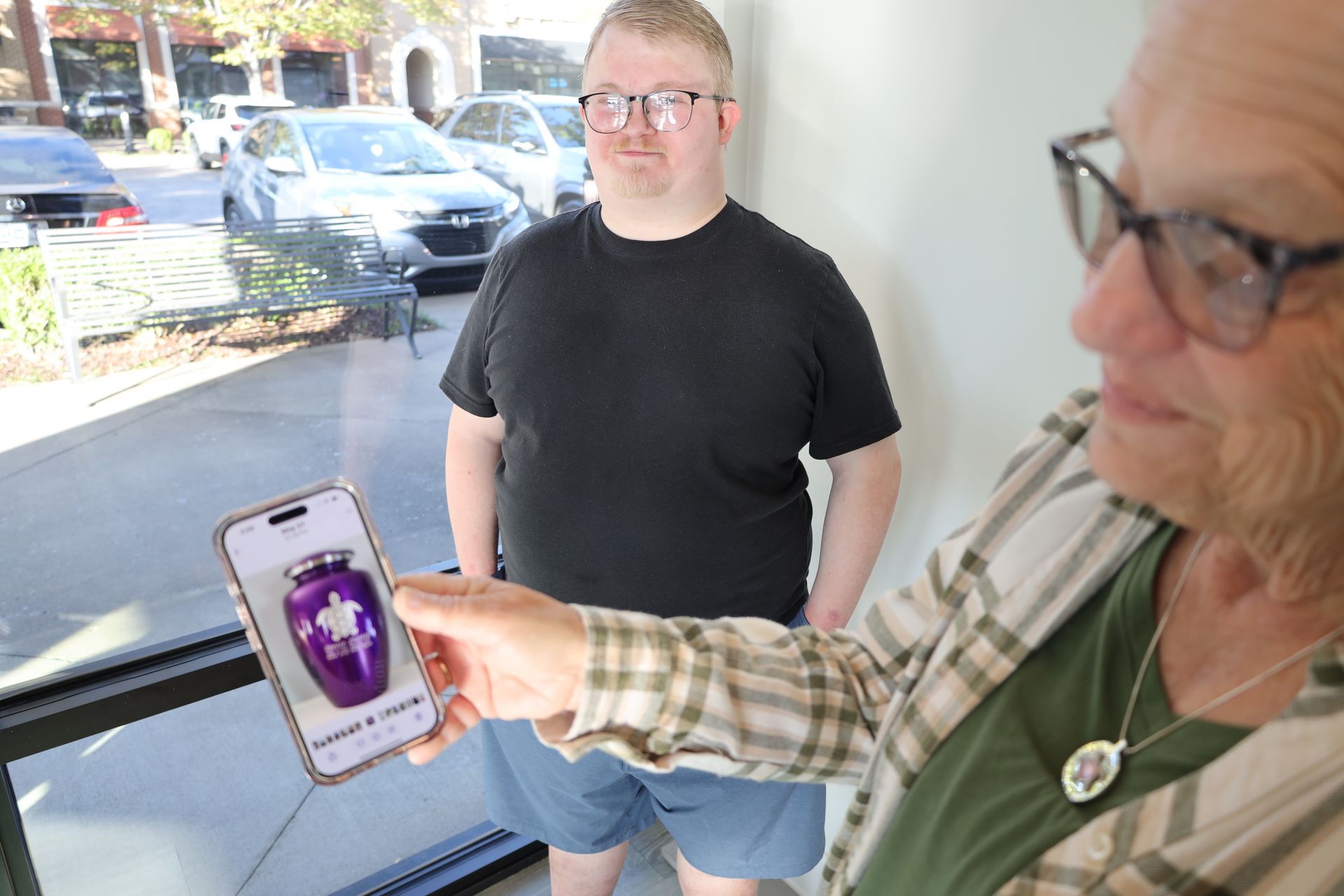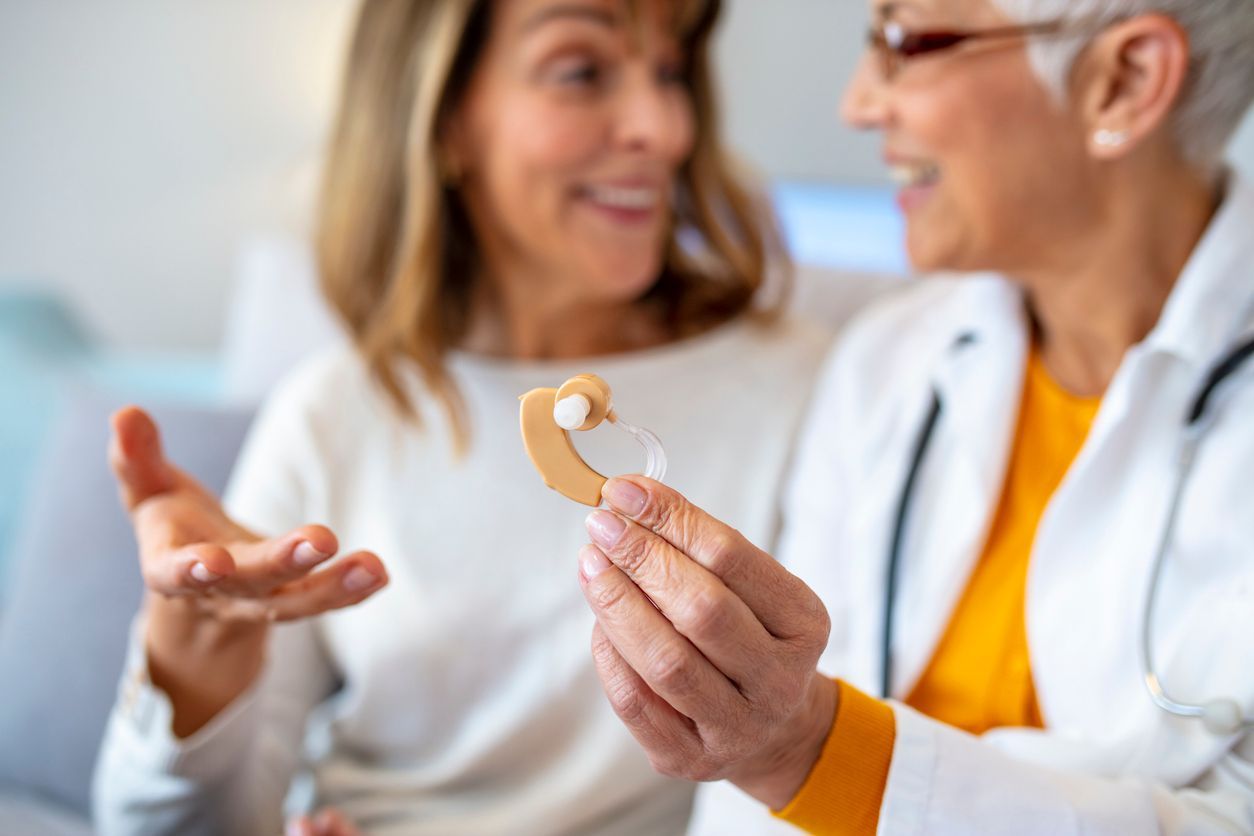Did You Know These NFL Players Suffer With Hearing Loss?

Arizona Cardinals’ Derrick Coleman, Dallas Cowboys’ Flozell Adams, and Washington Redskins’ Reed Doughty.
So, did you know that they’ve all got a hearing loss?
Even if you’re an NFL super-fan, it wouldn’t be surprising if you didn’t know that these players have a hearing loss. Their hearing ability isn’t what gets talked about most of the time – it’s their skill on the field.
That’s because their hearing loss isn’t an impediment to their athletic success. They’ve adapted to their hearing loss with help from family, friends, colleagues, and, most importantly, professionals who are highly trained to deal with all hearing health issues, namely Audiologists.
From a hearing loss to NFL stardom
For Coleman and Doughty, having a hearing loss has been a part of their lives since childhood. Coleman was diagnosed when he was just four years old and has been using hearing aids since he was in school. He went on to shine as a fullback for the Seattle Seahawks before joining the Arizona Cardinals.
Doughty also knew he had hearing issues early on and found different ways of coping as an adult, including lip reading. His hearing loss wasn’t public knowledge when he was drafted to the Washington Redskins, but after getting hearing aids and experiencing their life-changing effects, Doughty has become an advocate for using hearing aids.
It was well known that Adams couldn’t hear much in his right ear when he got drafted, but he nonetheless went on to be one of only a few offensive linesmen to be selected for the Pro Bowl five times back in 2003, 2004, and 2006-2008.
The sounds of the stadium
Adams, Coleman, and Doughty are no strangers to the roar of the crowd in stadiums across the country. But did you know that roar can get so loud that it can actually damage your hearing? Anything louder than 85 decibels can be trouble for your ears and your average NFL game clocks in at around 90 decibels. With the Super Bowl just around the corner, the screams and shouts are certain to get pretty loud.
Enjoy the game
If you’re lucky enough to be going to the big game in Atlanta this February, then make sure you enjoy the game without doing any damage to your hearing. Use earplugs or ear defenders to protect your hearing health. Even once the excitement of the Super Bowl is over, it’s a good idea to keep these on you whenever you go to a game.
As for those hangouts at home around the football, whether it’s this February’s Super Bowl or the Thanksgiving games, keep an eye on the noise levels then too. Check that the TV volume is at a reasonable level so that your friends and family don’t have to shout over it whenever they’ve got an opinion about the call the referee just made.
Get a helping hand
Even sporting superstars Coleman, Adams, and Doughty needed to get professional help with their hearing health. So there really is no reason to feel embarrassed about asking the professionals for a helping hand with your hearing.
At Johnson Audiology, our Audiologists are here to help you enjoy all the sounds the world has to offer, from cheering at the Super Bowl to laughing with friends and family. Click here to find your nearest Johnson Audiology hearing center in Tennessee or Georgia where you can have all of your hearing health needs met.
Recent Posts



